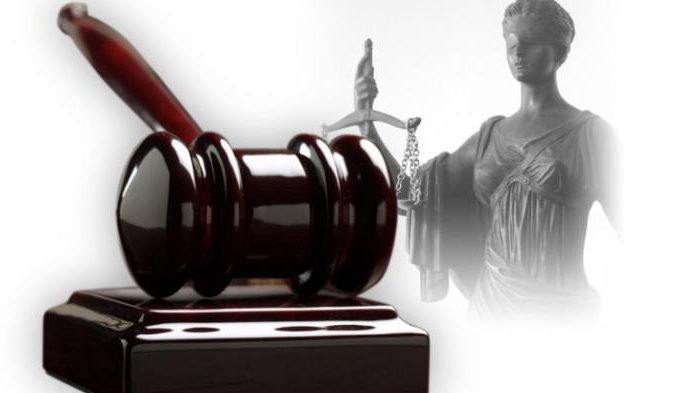Carrying out investigative actions, the representative of law enforcement agencies must be sure that all information that becomes known as a result of this will not be made public without his permission. Persons who decide to violate this rule will have to bear responsibility for their actions in accordance with article 310 of the Criminal Code of the Russian Federation.
The essence of the problem
In the Russian Code of Criminal Procedure there is no such thing as a “secret of investigation”. Although the term itself is mentioned in the list of information of a "confidential nature", approved by Decree No. 188 of the President of our country in 1997. In fact, the representative of the government has every right to demand from the participants in this case not to disclose any specific data and any other information that becomes clear during the investigation. And this is already legalized by Article 161 of the Code of Criminal Procedure of Russia.

Violation of the substantiated requirements of a representative of the law entails punishment under Article 310 of the Criminal Code of the Russian Federation. What caused this severity? In this case, only the interests of the case. When investigating the circumstances of a particular criminal case, various circumstances are gradually revealed that help the investigator or interrogating officer to find out the truth. Sometimes even a trifle, which is accidentally revealed in a conversation with witnesses or other persons involved in the case, can shed light on the cause of the crime. If it is made public before the end of the investigation, the perpetrators will be warned and be able to properly build their defense. The person who does this will essentially create an obstacle to the investigation. This will be regarded as a crime against justice, for which a punishment is provided for under article number 310 of the Criminal Code of the Russian Federation. Such a measure should make violators accountable for their actions.
Rules of investigation
During the investigation of the crime, representatives of the law, as a rule, require participants in the process to keep secret everything that they may become aware of during this time. For such purposes, investigators, interrogators or investigators have the right to take a subscription from these citizens, in which each of them undertakes not to disclose any information that relates to the circumstances of the committed illegal act. Such a document is executed in writing and attached to the case file. If one of the defendants decides to break his promise, the court will be able to prosecute him for such actions in accordance with article 310 of the Criminal Code of the Russian Federation. This decision is justified. After all, if this or that information prematurely becomes known to persons with a procedural interest, then this will allow them in advance:
- destroy existing evidence;
- neutralize witnesses;
- eliminate persons who possess information useful for clarifying the truth;
- to connect for their protection other persons who may have an effect on representatives of the law conducting the investigation.
All this can lead to the fact that the investigation will come to a standstill and the violator will be able to avoid fair punishment.
The triumph of justice
A crime can be solved only if citizens who, due to necessity, are dedicated to certain circumstances of the case, do not interfere with this. All data from the preliminary investigation must be kept in the strictest confidence. In practice, this refers to information:
- the progress of the ongoing investigation;
- all evidence in the case and the sources from which it was obtained;
- on the testimonies of specific individuals obtained during interrogation;
- about planned investigative or operational-search measures.
A citizen who discloses such information without proper permission will have to answer before the law for his thoughtless or deliberate actions.
Article 310 of the Criminal Code of the Russian Federation provides for this punishment in the form of:
- A fine, the amount of which can reach 80 thousand rubles or the total income of a citizen for a period of up to six months.
- Mandatory work for a period of not more than 480 hours.
- Correctional labor, the term of which, depending on the court decision, can reach 2 years.
- Arrest, that is, a restriction of freedom, which can last no more than 3 months.
A specific punishment is assigned by the court, depending on the severity of the consequences of the offense.
Legal basis of a crime
In order for the decision made by the court to be fair and justified, it is necessary to carefully examine all the circumstances of Article 310 of the Criminal Code of the Russian Federation. Comments on it will help to do this using basic rules and definitions.

First you need to clearly imagine the corpus delicti, the object of which is the interests of justice itself. The subject in this case is an individual who has reached the age of sixteen and has been warned in a timely manner about the need to keep secret information on this case. A citizen must be fully sane in order to be responsible for his actions to the fullest extent of the law. The objective side of the violation is the fact that a specific person disclosed information without the knowledge (or permission) of the relevant authorities (investigator, prosecutor, interrogating officer and others). Such an act contradicts the promise made by a citizen in a previously “non-disclosure subscription”. The subjective side of the violation is that the actions of the guilty person have direct intent, that is, are aimed at obstructing justice.